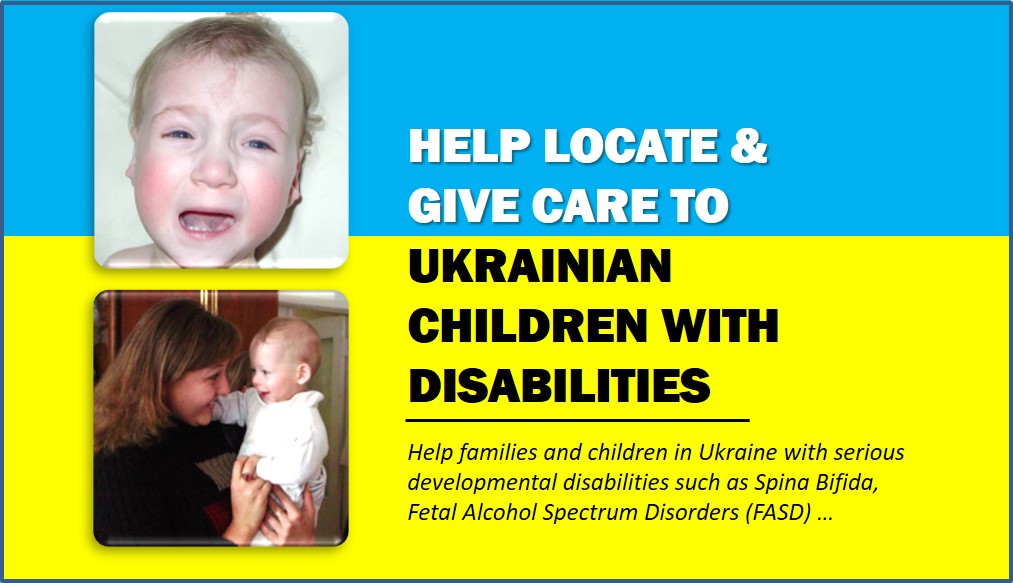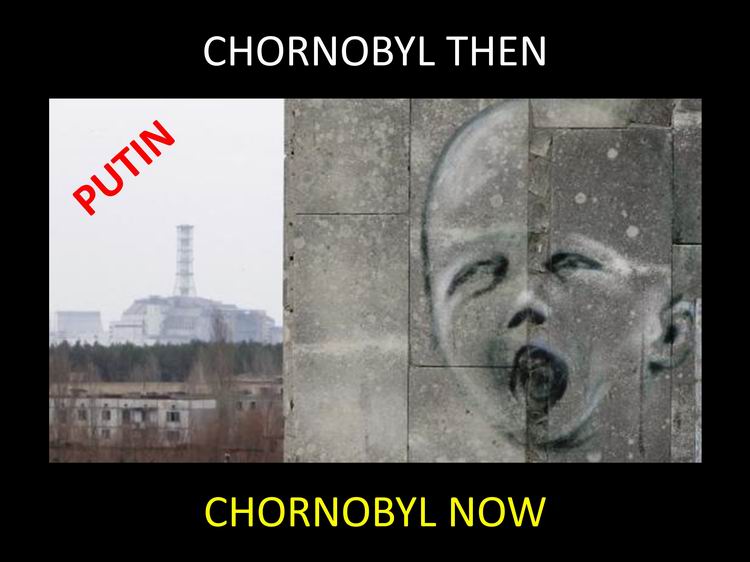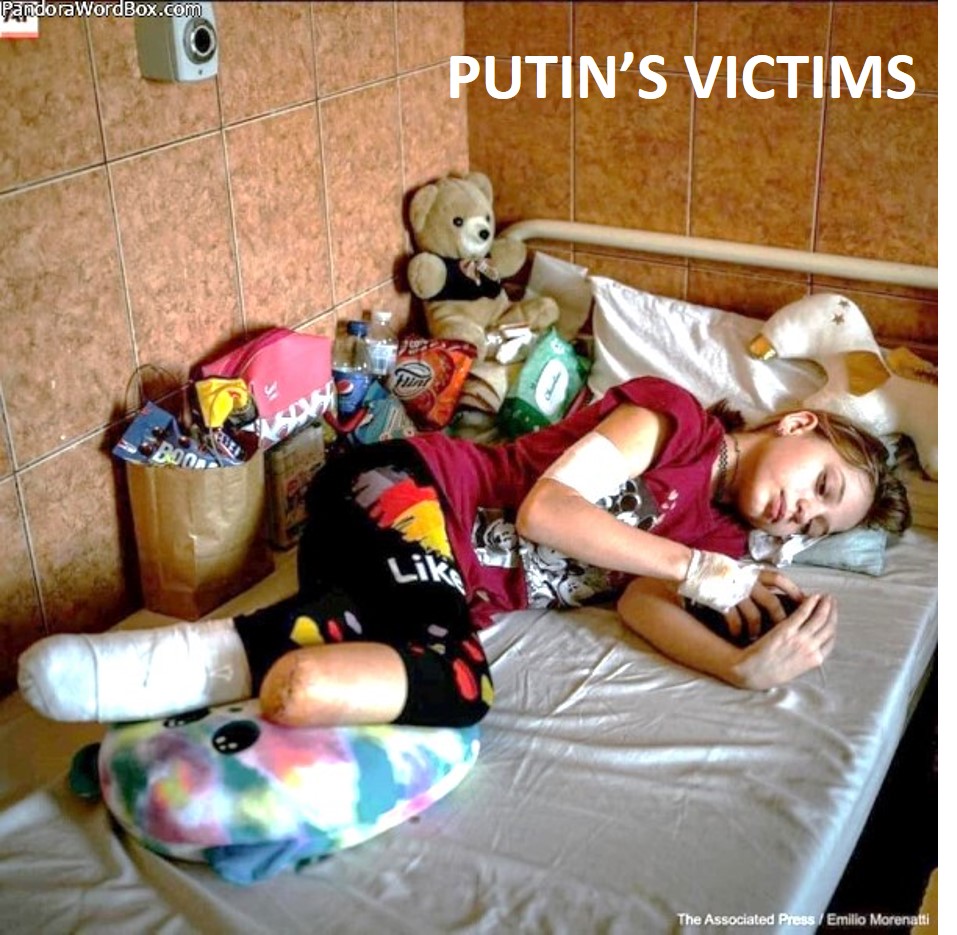 |
||
| Extract from: American Journal of Medical Genetics 33:522-536 (1989). Requests for Reprints University of South Alabama, College of Medicine,
| ||
Part 1
In the words of Albert Schweitzer, the most precious thing about man, however creative he may be, is man himself. This is a story about a man who has steered us away from views once popular and now largely repudiated. A child suffering from congenital malformations can no longer be dogmatically held as a portent of parental genetic "faults" nor can a fetus be considered immune from environmental assaults. From his earliest contributions to the influential Mitchell-Nelson Textbook of Pediatrics, Dr. Warkany foretold the importance of prenatal factors in diseases of children and stated that "eugenic measures and advice are not restricted to the genetic aspect of prenatal life ... the fetus should be assured so far as possible by protection of the expectant mother from adverse environmental influences" [Warkany, 1950].

|

|
The causes that once fueled political movements for the betterment of races are now dormant, and science has tempered our views [Race Betterment Foundation, 1928]. The American Teratology Society, the procedures for the protection of the unborn adopted by governmental agencies, and the recognition by Dr. Warkany's peers of his pioneering role and influence on these societal changes are symbols of his silent triumphs. In his story about his life as a teratologist, Dr. Warkany recognizes the importance of history, serendipity, intuition, and the scientific toil of many. These triumphs have not blunted his realism nor his concerns about the limited capacity of men to learn from past mistakes. Dreamers and good causes are as abundant now as they were before. Vigilance is needed to prevent new departures toward undreamed cost-effective but ill-conceived utopias. The scientific itinerary of Dr. Warkany can be charted from his own biography and his visions of enigmas can be surmised from his etchings [Brent, 1982; Warkany, 1988 a-c]. To some, his self-discipline and strong philosophy of life can be intimidating. Thoughtless comments and sentimentality rarely escape his self-control. His indifference to populistic causes and movements is glacial. Inhuman traits some may say, but such a view melts rapidly as one savors his humor, liveliness, and attachments. In a recent letter to a friend he closed with "stay in touch, keep me alive." Had he not chosen medicine Dr. Warkany would, I am sure, have become a creative artist, most likely a writer, poet, painter, or architect. I doubt he would have considered business, politics, or the law. Even under his medical cloak, Dr. Warkany emerges as a man of letters. A theme he often touches is the necessity to preserve the truth from assault by exploitative speculations. Yet, he also champions human intuition, which he considers the source of freedom and creativity. With concern, he points out that creativity, scientific or artistic, declines without freedom, and he casts doubts about cost accountants and well-intended bureaucracies. He sees the infiltration of politics into science as a portent of impending decay.
Gallery of Etchings by Dr. Josef Warkany






